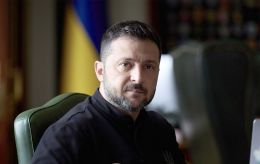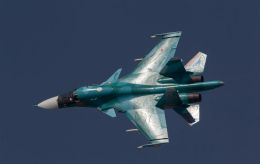What's happening in Israel and how Middle Eastern nations could impact the war
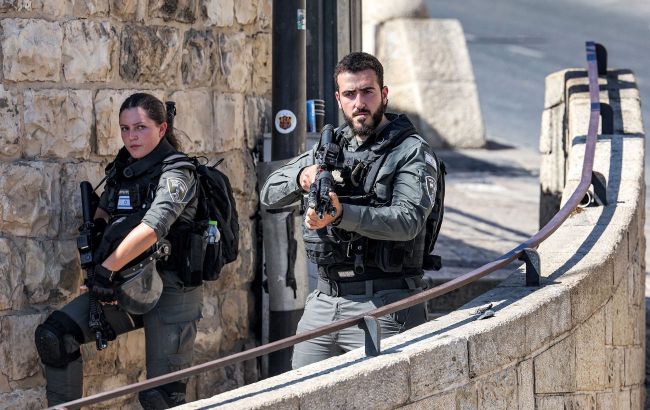 Israeli border guards (Photo: Getty Images)
Israeli border guards (Photo: Getty Images)
Western countries have expressed sympathy to Israel and announced their assistance, with the United States taking the lead in this matter. They will provide Israeli allies with interceptors for the Iron Dome and ammunition. U.S. Secretary of State Antony Blinken personally visited Tel Aviv. The article discusses the current situation in the Middle East, how countries bordering Israel are reacting to the military conflict, and what its potential outcome could be.
During the preparation of the material, articles from The New York Times, The Wall Street Journal, The Insider, Current Time, as well as public comments from experts and analysts, were used.
A week ago, on October 7, militants from the Palestinian organization Hamas unexpectedly attacked Israel. Some of the terrorists infiltrated the country and captured several settlements. At the same time, rocket attacks were launched from the Gaza Strip at Israel.
In response, Israel declared war on Hamas and, within a few days, launched nearly five hundred missile and air strikes at the Gaza Strip. The Prime Minister of the Jewish state, Benjamin Netanyahu, announced the preparation of a ground operation, and the Ministry of Energy reported that Gaza was being cut off from all communication.
"9/11" for Israel
On the morning of October 7, it was reported in the media that Israel was under attack from the Gaza Strip. Starting at 6:30 in the morning, cities were subjected to shelling, resulting in many civilian casualties. Residents of areas bordering Gaza reported fighting along the demarcation line with Israel, and people also witnessed the movement of Palestinian militants.
An hour after the start of the attack, it became known that Hamas militants were directly targeting Israel. Prime Minister Benjamin Netanyahu convened an emergency meeting with the highest security officials. Tel Aviv declared readiness for war, and the representative of the Israel Defense Forces, Daniel Hagari, reported that more than 2,000 rockets were fired across the country in a single morning.
In turn, Hamas called on the Islamic resistance in Lebanon, Iran, Syria, and Iraq to unite their resistance with that of the Palestinians today and begin a march to Palestine immediately. The leader of the militants announced the start of the Al-Aqsa Storm operation, while Israel declared the mobilization of 360,000 reservists and initiated the counter-terrorism Iron Swords operation.
The events on October 7 unfolded dynamically - by midday, all schools in the country were closed, and flights were canceled. Rescuers reported a thousand injured and a hundred fatalities from missile attacks. The total number of casualties on the Israeli side continued to rise in the following days, reaching over 1,300 people.
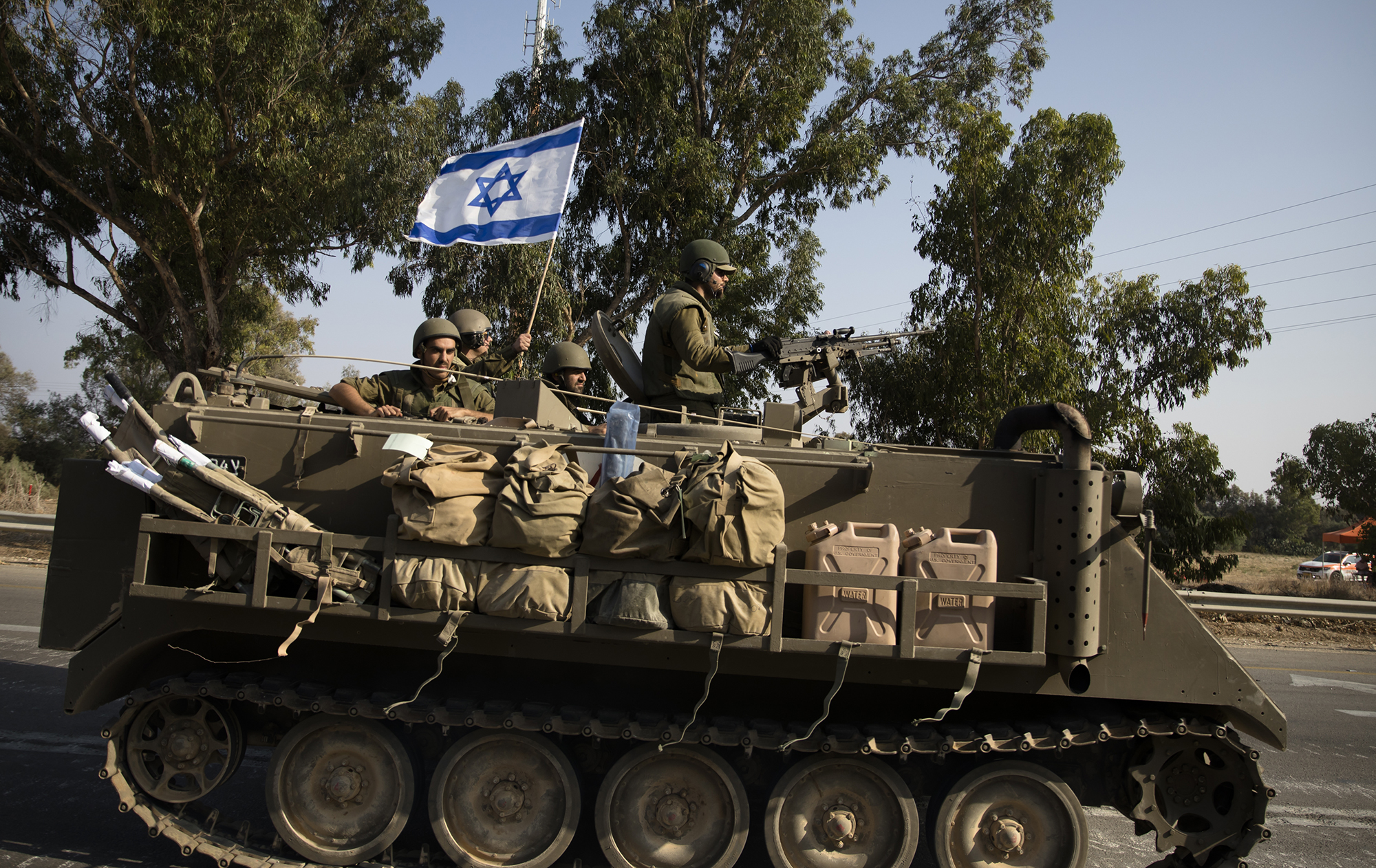
Israeli military (Photo: Getty Images)
Two hours after the Hamas attack, the Israeli army conducted airstrikes on the Gaza Strip, targeting the homes of terrorist leaders. The leader of Hamas' military wing, Mohammed Deif, referred to this day as the "day of the great revolution." In response, Netanyahu stated that "Hamas will pay an unprecedented price for this war" and announced the clearance of border settlements. During the clearance operation, Israeli President Isaac Herzog accused Iran of involvement in the Hamas attack.
"Supported and directed by their proxy commanders in Iran, they (Hamas) carried out an unprovoked, heinous attack against the Jewish state on a Jewish holy day. will take all measures necessary to eliminate this clear and immediate danger to our citizens," said Herzog.
A few days later, Iran responded to the accusations, stating that they were not involved in the attack on Israel but expressed their support. "The resolute measures taken by Palestine constitute a wholly legitimate defense against seven decades of oppressive occupation and heinous crimes committed by the illegitimate Zionist regime," the statement from Iran's mission to the UN noted.
The Western response did not take long to materialize - Brazil called for a meeting of the United Nations Security Council, and Netanyahu had his first conversation with U.S. President Joseph Biden since the start of the attack. At the same time, UN peacekeepers announced an increase in their presence along the border between Israel and Lebanon.
President Volodymyr Zelenskyy expressed condolences and hope that order would be restored and terrorists eliminated. Meanwhile, the Pentagon said they would provide Israel with all necessary support.
"In the coming days, the Department of Defense will work to ensure that Israel has what it needs to defend itself and protect civilians from indiscriminate violence and terrorism," said Lloyd Austin.
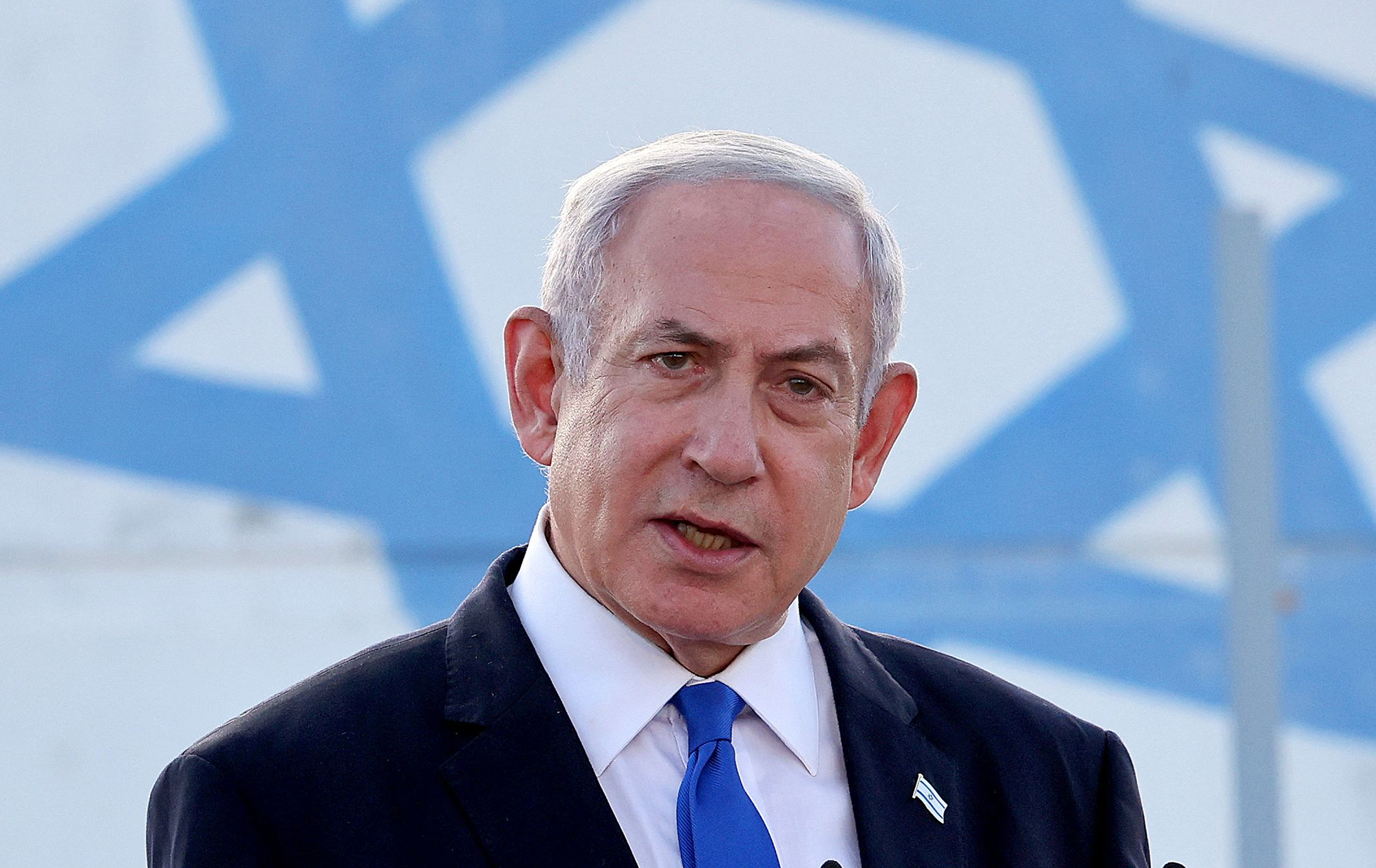
Benjamin Netanyahu (Photo: Getty Images)
Biden, in his evening address, stated that there is no justification for terrorism, and the Israelis will receive all the necessary assistance.
Early in the morning of October 8, the world was shocked by another brutal attack by Hamas. It was revealed that the day before, a Nature Party festival was held on the borderlands in honor of the Jewish holiday of Sukkot. On Sunday morning in Rehmi, where the event took place, 260 people were found dead. There were not only Israelis but also people from other countries who had come to celebrate the holiday. Many of them were taken hostage.
The fighting took place in 22 locations, and two days after the attack, Israel announced that they had liberated the territories captured by terrorists. However, some groups of militants were still scattered along the borderline. As cities were liberated, details emerged of what had happened when Hamas entered the kibbutzim – terrorists killed civilians and abused IDF soldiers. They took some people hostage and transported them to Gaza.
Netanyahu declared that Israel is entering a protracted war, but its first phase is coming to an end. On the same day, Israel was attacked from Lebanon, and then from Syria. A few days later, the IDF struck back at Damascus and Aleppo, disabling the airports.
In the meantime, Western countries continued to react. Polish President Andrzej Duda stated that the Hamas attack would facilitate Russian aggression in Ukraine. Netanyahu held talks with Germany's Chancellor Olaf Scholz, Italy's Prime Minister Giorgia Meloni, UK's Prime Minister Rishi Sunak, and once again discussed the situation with Biden. The IDF has already dubbed the Hamas attack Israeli "September 11."
On the night of October 9, the Wall Street Journal reported that Iran helped Hamas plan the operation to attack Israel. U.S. officials responded to this by stating that they found no evidence of Tehran's involvement in the invasion.
Zelenskyy, speaking about the situation in Israel, noted that it is beneficial to Russia. Meanwhile, the Ukrainian military intelligence reported that Russia had provided captured Ukrainian equipment to Palestinian militants and is preparing provocations. These provocations immediately surfaced, with former Russian President Dmitry Medvedev claiming that Hamas is using Ukrainian equipment and accusing Ukraine of aiding terrorists.
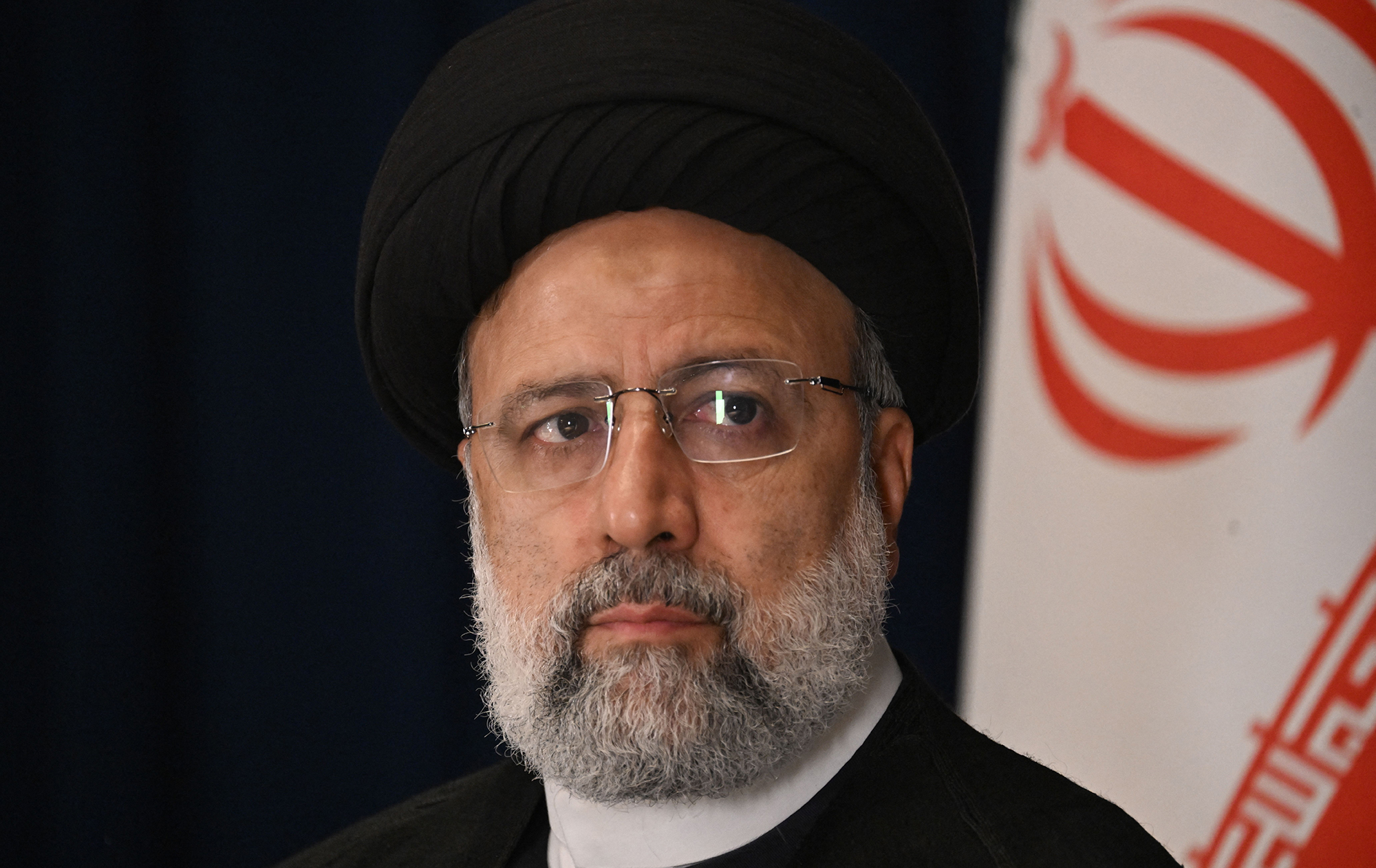
Ebrahim Raisi (Photo: Getty Images)
U.S. Treasury has announced that they do not exclude the imposition of new sanctions against Iran. In turn, Zelenskyy expressed hope that assistance to Ukraine in connection with the events on the Sinai Peninsula will not cease. On October 12, Anthony Blinken arrived in Israel, and on October 13, Lloyd Austin.
During a week of military conflict, Israel has been subjected to a large number of attacks. In response, the IDF has repeatedly attacked the Gaza Strip, reporting that key figures of Hamas were killed as a result of airstrikes. In Israel, residents of Gaza were recommended to evacuate within 24 hours, communication was cut off from the sector, and the beginning of a ground operation was announced. According to media reports, a significant amount of troops and military equipment have already been concentrated near the Gaza borders, indicating that the operation will commence soon.
Key players
Hamas is an organization established in 1987. Initially, it was a Palestinian branch of the Egyptian Muslim Brotherhood. Until 2006, it actively gained the sympathy of the residents of the Gaza Strip, providing them with humanitarian aid, building mosques and madrasas, and engaging in military training. Simultaneously, it developed its political influence. Unlike its secular competitors, Fatah (Palestinian National Liberation Movement), which advocated for refraining from military confrontations with Israel and transitioning to political dialogue, Hamas took a more radical stance and declared its intention to destroy the Jewish state.
In fact, this diversity in their activities and their more radical views helped them gain the favor of most Palestinians, so in 2006, Hamas won the elections, with Fatah coming in second. After a brutal and bloody civil war in which Hamas militants amputated the limbs of their opponents, the Gaza Strip became a dictatorship. All residents of Gaza are, in one way or another, dependent on Hamas, which is divided into three wings - humanitarian, military, and political. Due to the challenging economic situation in Gaza, the region relies heavily on subsidies from its more affluent patrons.
Iran provides the most support to Hamas. Tehran benefits from waging a proxy war against Israel through Hamas, as Iran is another sworn enemy of the Jewish state, but it does not share borders with it and is under a large number of Western sanctions. Furthermore, Iran is a Shiite state, while the Palestinians are Sunnis, just like Hamas itself. The majority of Muslims are also Sunnis, and they do not consider Shiites their brothers in faith. Therefore, if Hamas' desire to destroy Israel is partly driven by the struggle for territory, Iran has a different goal - it wants to become a new Mecca. In their worldview, the eradication of Jews will legalize Shiites as truly righteous Muslims and make Iran the leading country in the Islamic world.
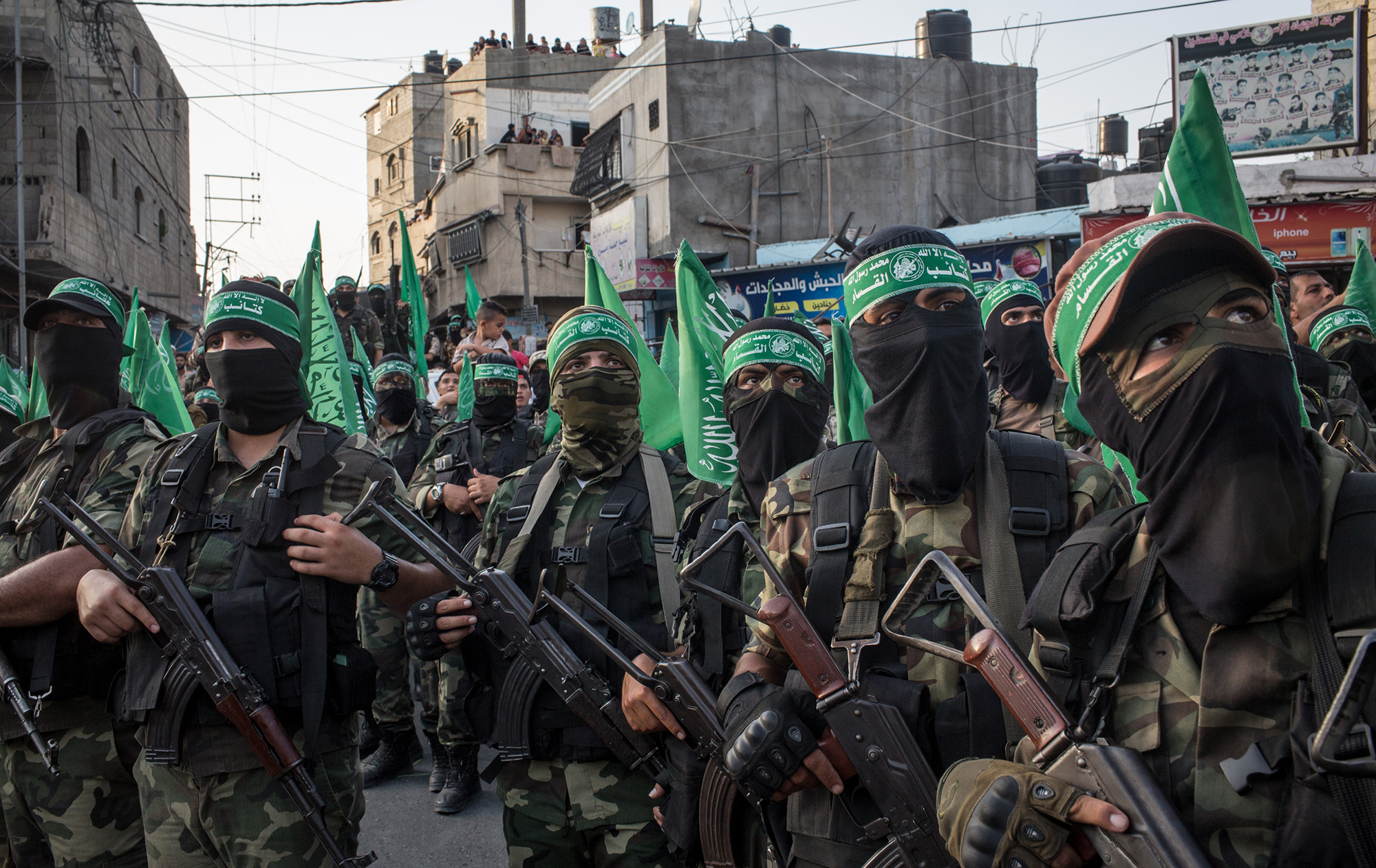
Hamas militants (Photo: Getty Images)
In addition to Hamas, in the Palestinian Autonomous Region, Iran financially supports the Islamic Jihad. This group shares the ideology of Hamas but refrains from engaging in any political activities. After the start of the civil war in Syria in 2011, when Hamas refused to assist Iran and support the Bashar al-Assad regime, Iran reduced its funding for Hamas and started assisting the Islamic Jihad.
Iran also relies on Hezbollah, which it essentially controls. Hezbollah is a Shiite military organization as well as a political party advocating for the creation of an Islamic state in Lebanon similar to Iran. Hezbollah is recognized as a terrorist organization in many countries, including the EU and the USA. Hezbollah surpasses Hamas significantly in terms of potential, possessing a large arsenal of weapons and ammunition, and its members have real combat experience from the war in Syria. According to experts, what Hamas has done was likely expected from Hezbollah, and the current Palestinian militants' spokespersons continually urge their Lebanese colleagues to join their war.
During a week of military actions, mortar strikes were launched from Lebanese territory at Israel. Additionally, The Wall Street Journal, citing an Arab official, reported that Hezbollah allegedly warned Israel about the opening of a second front if the IDF initiated a ground operation in Gaza. Perhaps due to the potential danger associated with Hezbollah, the UN increased the number of peacekeepers on the Lebanon border. On October 13, the deputy leader of Hezbollah, Naim Qassem, stated that the fighters were prepared to attack Israel.
"We are fully prepared, and when the time comes, we will do it," Qassem declared.
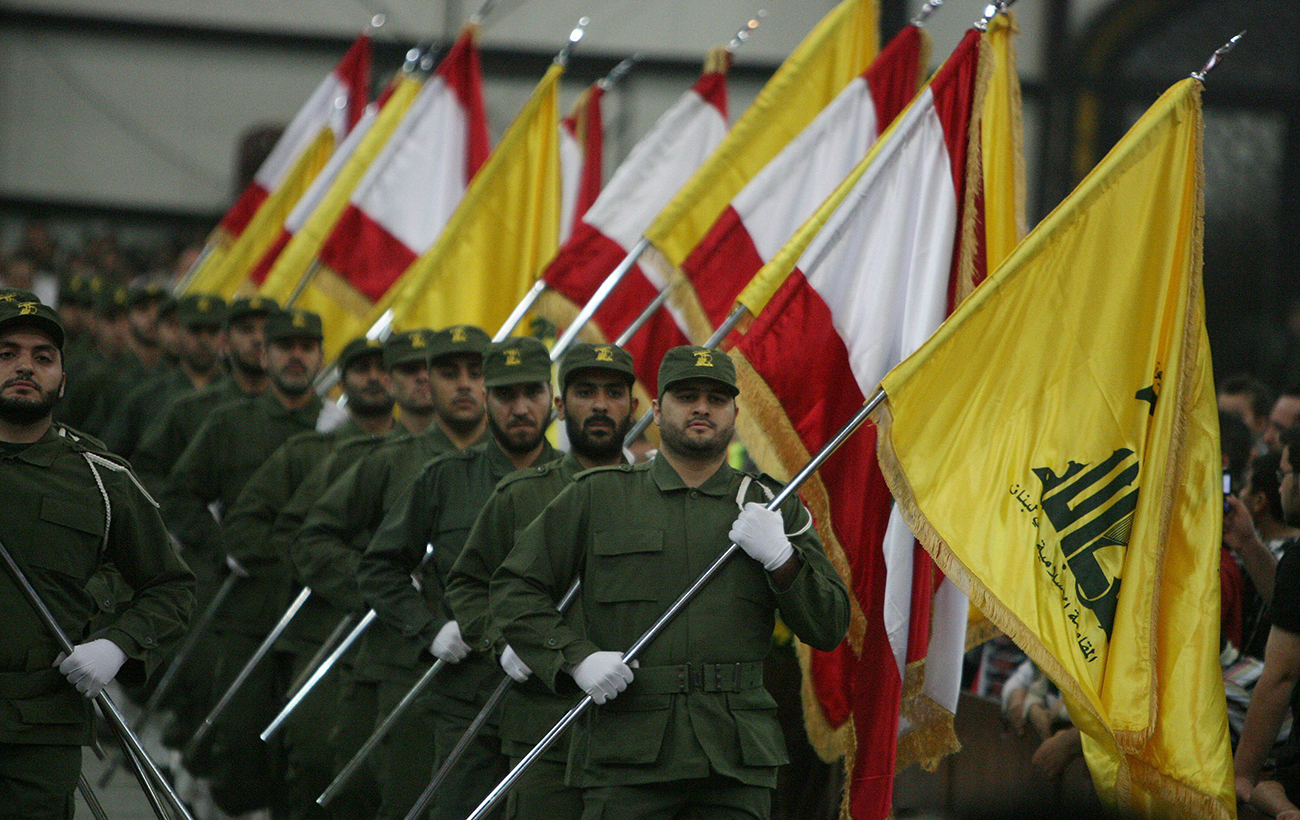
Hezbollah militants (Photo: Wikipedia)
Another player in the Middle East is Syria. It has never recognized the existence of Israel and has participated in wars against the Jewish state three times. After the Hamas attack, the Israeli army claimed to have detected rocket launches from Syria. In response, the IDF shelled Syrian territory with mortars and artillery. However, it is unlikely that Syria will directly intervene in the Hamas-Israel conflict. The country is still experiencing a civil war, albeit less intensively than before. Additionally, Israel has made it quite clear what will happen to Syria if it interferes in the war, as it struck Damascus and Aleppo airports on October 13.
Saudi Arabia maintains neutrality and calls on Hamas and Israel to transition from military actions to political negotiations. Previously, Saudi Arabia supported the Palestinians in their desire to create an independent state. Over the years, the official rhetoric remained the same, but recently, relations between Israel and Saudi Arabia have noticeably improved, partly with the involvement of third parties, particularly the USA. In 2020, the two countries signed a peace agreement, and since then, they have been discussing the normalization of relations. The collapse of the peace agreement between Saudi Arabia and Israel has often been cited as one of the reasons for the current aggression by Hamas.
Today, in light of the recent events, the de facto ruler of Saudi Arabia, Mohammed bin Salman, held a phone conversation with Iranian President Ibrahim Raisi. During the discussion, the leader of Saudi Arabia ostensibly expressed support for the Palestinians. It is evident that the process of reconciliation between Saudi Arabia and the Jewish state has been put on hold once again.
Turkiye was one of the first countries to recognize the state of Israel. In 2010, relations between the two countries noticeably deteriorated due to Israel's engagement with Greece and Cyprus, with which Turkiye had complex relations. In this conflict, Turkiye seeks to act as a mediator. Recep Erdogan conducted negotiations with almost all Middle Eastern countries during the week of the military conflict. Erdogan told the President of Israel that "any step that could harm the people of Gaza collectively and indiscriminately will further increase the suffering and spiral of violence in the region."
Another player with interest in the conflict between the Palestinians and Israelis is Russia. Throughout the week of the military conflict, while Western countries expressed sympathy to Israel, the Kremlin remained silent. Russian President Vladimir Putin, discussing events in the Sinai Peninsula, criticized the United States without expressing any condolences to the Israelis. "This is a vivid example of the United States' failure in Middle East policy," the Russian dictator stated. Later, he likened the situation in Gaza to the blockade of Leningrad, essentially equating Israel with the Nazis.
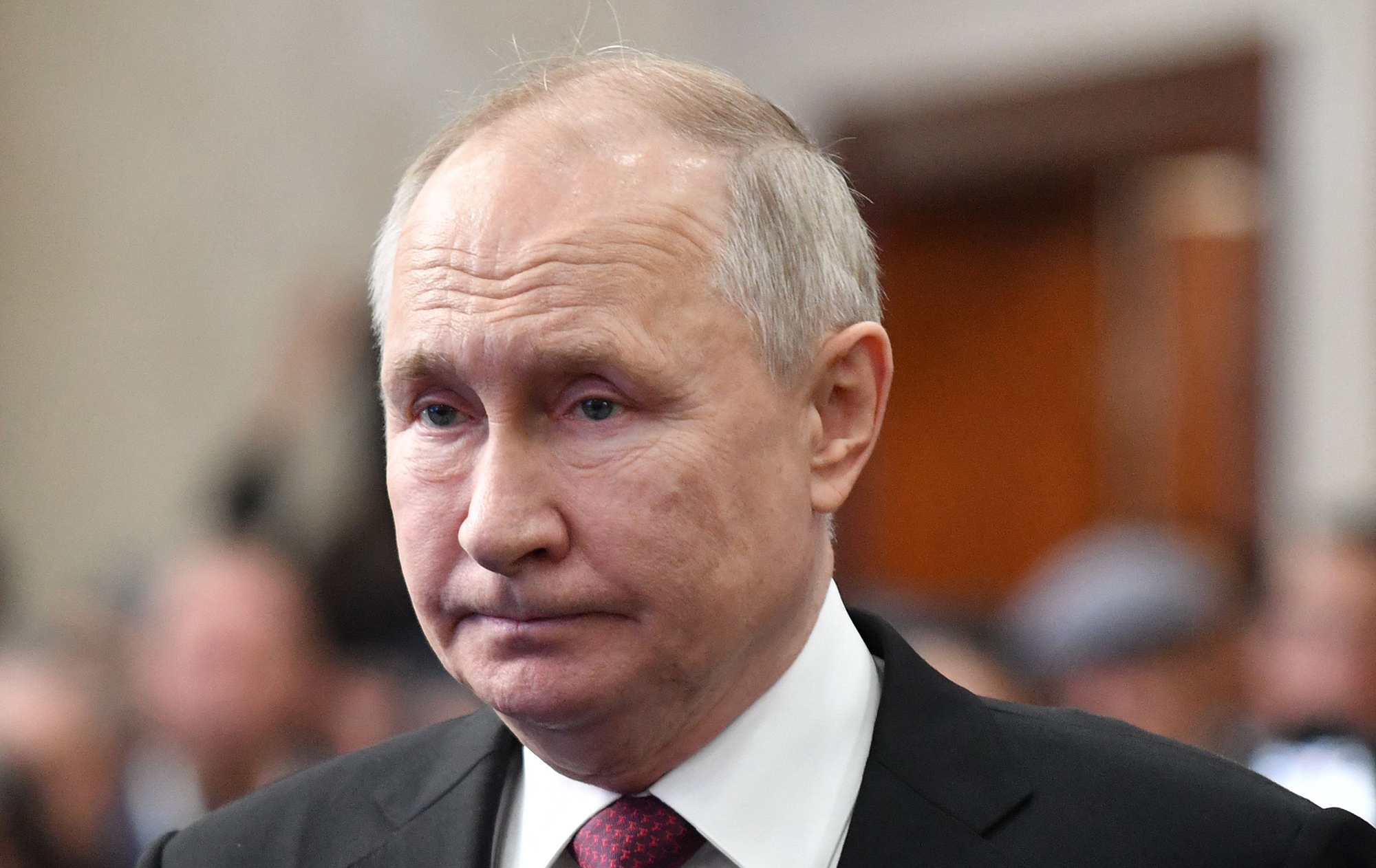
Vladimir Putin (Photo: Getty Images)
Many political analysts found Russia's rhetoric on Israel perplexing since Russia had previously cooperated with Israel. In 2008, visa requirements between the two countries were abolished, a Jewish museum was opened in Moscow in 2012, and in 2020, Putin attended the opening of a memorial to the victims of Nazi Germany along with Benjamin Netanyahu.
Russia's worsening attitude toward Israel followed the Russian occupation of Ukraine. In an attempt to justify their actions, the Kremlin labeled the Ukrainian government and anyone who supported it, including ordinary Ukrainians, as Nazis. Putin still adheres to this rhetoric, claiming that Russia is fighting against Nazis and that Zelenskyy is a "shame for the Jewish people." Perhaps Putin hoped for Israel's support but did not receive it; the country's leadership and most of its citizens did not support Russian propaganda and instead backed Ukraine.
Therefore, today, when discussing Hamas' attack on Israel, Russia used this conflict as an opportunity to criticize the West once again. Russian propaganda does not hide its triumph regarding the Palestinian attacks on Israel. The Kremlin's rhetoric boils down to the idea that Israel, in hoping for support from the United States, chose the wrong ally that couldn't resolve the conflict simmering and periodically flaring up in the Middle East. Furthermore, Russia hopes that the conflict in the Sinai Peninsula will shift the focus away from Ukraine and that financial and military support for Ukraine will diminish.
However, it's worth noting that Russia currently needs Iranian weaponry, particularly missiles. The potential involvement of Iran in a further standoff with Israel means that Iran will need such weaponry. But for Russia, it's evidently more important to maintain warm relations with Iran and oppose a unipolar world. According to information from sources in Ukrainian intelligence agencies, Iran, despite its interests in Hamas' war against Israel, is in negotiations with Russia. Iran may receive military equipment from Russia, which will help Tehran wage a proxy war. In return, Russia may acquire ballistic missiles to terrorize the Ukrainian population.
***
It's unclear how long the conflict between Israel and Palestinian militants will last. The rhetoric of the Jewish state today is quite harsh and categorical. In one of his statements, Netanyahu directly stated his intention to destroy Hamas, adding that every member of it is a terrorist.
However, the vast majority of residents in the Gaza Strip are in some way affiliated with Hamas. Palestinian militants not only control the autonomy but essentially live off the funds supplied to Hamas. According to various estimates, there are 2 to 2.5 million people living in Gaza. Therefore, destroying the militants would, in essence, mean destroying a significant part of Gaza itself, where the Hamas movement has taken root. On the other hand, the existence of this terrorist group poses a danger to Israel.
Analysts, trying to predict the further outcome of events, rely on Israel's experience in previous military clashes with Palestinians. In 2009, Israeli infantry entered Gaza and quickly advanced - so much so that there were debates within the Israeli government about whether to continue the operation and whether Tel Aviv needed to occupy the sector. In 2014, the situation repeated itself, but it cost the Israeli army more casualties than in a similar process in 2009.
Today's situation is more complex - Hamas is better armed and experienced than before. How this conflict will develop is unknown, but one thing is clear - it will come at a high cost to all its participants.
